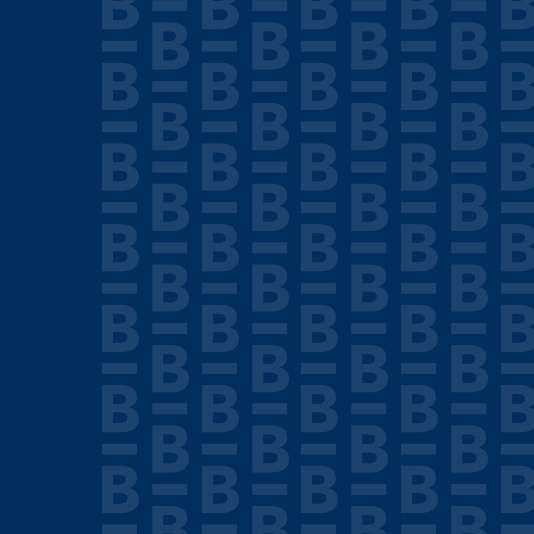Owning a home is a dream of many, but the process to homeownership is long and winding. The process can be even more challenging for those in the medical industry. Lengthy educational requirements, residency, accumulating considerable college debt and limited savings can make it difficult for medical professionals to buy a home. This is why a medical professional mortgage exists. It adjusts the typical homebuying process to meet the needs of these medical professionals, making homeownership possible. The same program can also be used by medical professionals looking to refinance their mortgage to secure a better interest rate.
Homebuying for medical professionals can be difficult
Medical professionals face a few additional challenges to the homebuying process that can make the approval process difficult.
Education is long and expensive
Many careers involve a four-year degree or some sort of vocational training. The path to becoming a medical doctor is at least 12 years. It involves a four-year bachelor's degree, four years of medical school, a one-year hospital internship and three to seven years of residency training. This means that initially, medical students are going to have a harder time saving up money for house. With the additional schooling required, it’s not until their early 30s that they are in a stable job.
Underwriting and credit history
The underwriting process for a mortgage typically involves providing income history, bank statements and credit scores. Many medical professionals cannot provide a long income history when they’ve been in school and residency for the past 12 years.
Upfront costs
Due to the length and costs of medical school, many medical professionals do not have money set aside for down payment and closing costs.
How a medical professional mortgage can help
There are many different loan programs that all have different requirements. With a Medical Professional Program, many requirements and industry standards are revised to allow financing for medical professionals.
Here are some of the top concerns voiced by medical professionals and how a medical professional-specific mortgage product can help.
I don’t have money for a down payment
Many loan programs require a down payment, but some allow 100% financing on purchases and rate and term refinances on primary homes. Look for a loan that allows 100% financing to avoid having to spend a lot of cash up front.
Will I pay for Private Mortgage Insurance?
Many loan programs have Private Mortgage Insurance if the buyer doesn’t have a 20% down payment. This can add a few hundred dollars per month on top of the mortgage. Certain loans will remove this requirement, allowing buyers to save money each month without a down payment.
I don’t start working for six months. Can I get approved now?
Loan programs may allow the buyer to close on the home before they start working. A medical professional mortgage will allow buyers to close six months before their start date as a doctor and 90 days for residents.
I have a lot of student loan debt.
Student loans that are deferred for 12 months or more will be excluded from the debt-to-income ratios.
Is this loan only for doctors?
Medical professional mortgages are usually not only for doctors but may also include dentists, veterinarians, pharmacists, residents and fellows.
It’s important to meet with a loan officer to discuss all your loan options and which one might be the best for you. They can walk you through the various terms, loan limits and rates. With a variety of available programs, it’s a myth that you must have 20% down to buy a home, and a mortgage professional can advise you on the best option based on your credit, career and location. The purchasing or refinancing of a home is also great opportunity to think through your complete financial needs to ensure good financial standing.
